Montenegro's veteran Prime Minister Milo Djukanovic quits
- Published
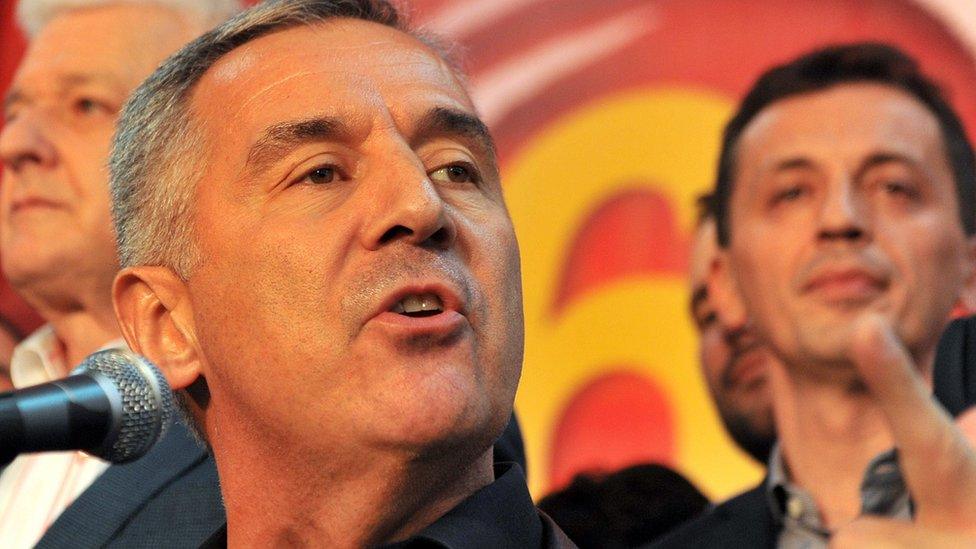
Montenegro's veteran Prime Minister Milo Djukanovic is stepping down, the country's ruling party says.
The move follows parliamentary elections which the Democratic Party of Socialists won but without an absolute majority 10 days ago.
The party has nominated his deputy, Dusko Markovic, to take over.
Mr Djukanovic has governed Montenegro either as prime minister or president for most of the past quarter of a century.
He had presented the election as a choice between partnership with the European Union or becoming a Russian colony. Since splitting from Serbia in 2006 Montenegro has forged close ties with the EU and Nato, both of which it aims to join.
The opposition accuses Mr Djukanovic of corruption and cronyism, which he denies. They deny his claims that they get funding from Moscow.
Montenegro: Nato's newest and last member?
Montenegro and Nato: Foes to friends?
Mr Djukanovic's resignation was announced by party officials on Wednesday, with no reason given.
The nomination of his deputy is expected to be approved by a party committee meeting later in the day.
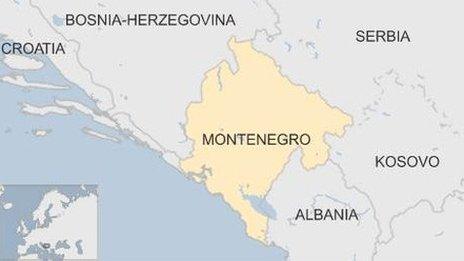
The DPS won the 16 October election but with 36 out of 81 seats, forcing it to seek coalition partners.
The poll in the small country of some 630,000 was overshadowed by the arrest of 20 Serbians accused of plotting anti-government attacks.
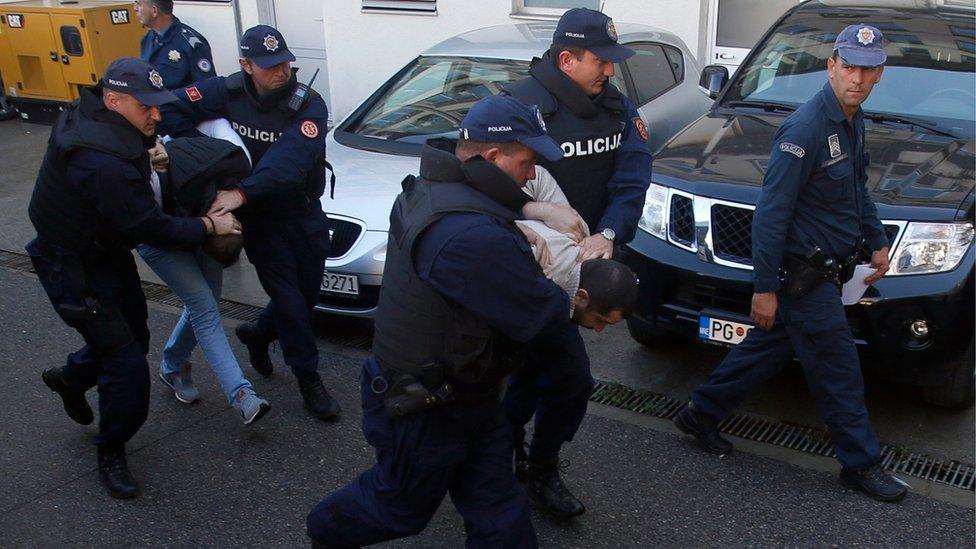
Serbians arrested in Montenegro on 16 October have been charged with terror offences
Serbian Prime Minister Aleksandar Vucic at first questioned the timing, but earlier this week said Serbia had detained several people with foreign links accused of spying on Mr Djukanovic.
However, he insisted they had "nothing to do with the Serbian state", without giving further details.
Mr Djukanovic was the youngest prime minister in Europe when he took power in 1991 at the age of 29.
He has since served as either prime minister or president for a quarter of a century, bar two interruptions in 2006 and 2010.
Many Montenegrins were unhappy that Mr Djukanovic was taking the country into Nato.
They remain angry that Nato bombed Serbia and Montenegro in 1999 as part of a strategy to halt the killing and expulsion of ethnic Albanians in Serbia's then southern province of Kosovo.
Montenegro has in recent years seen an influx of Russian money, homebuyers and tourists.
- Published17 October 2016
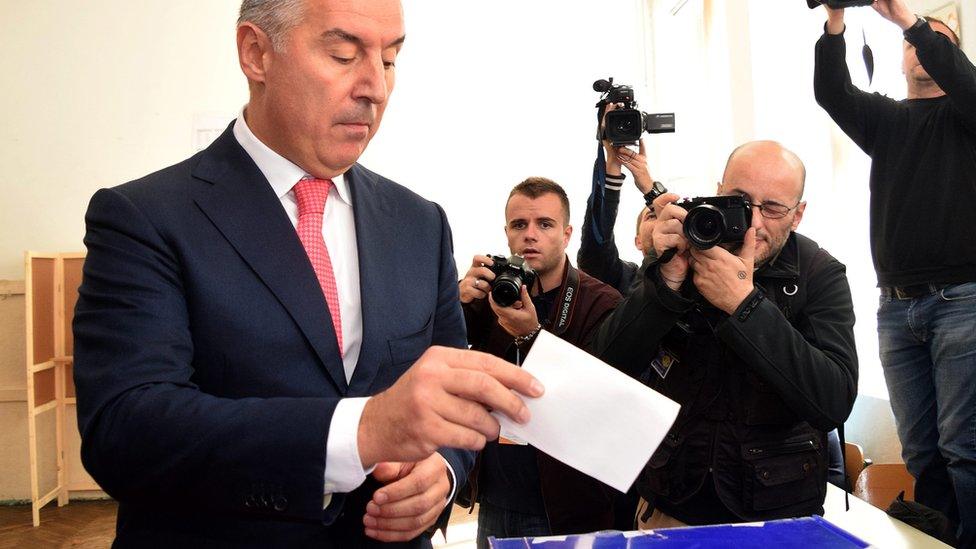
- Published25 October 2016
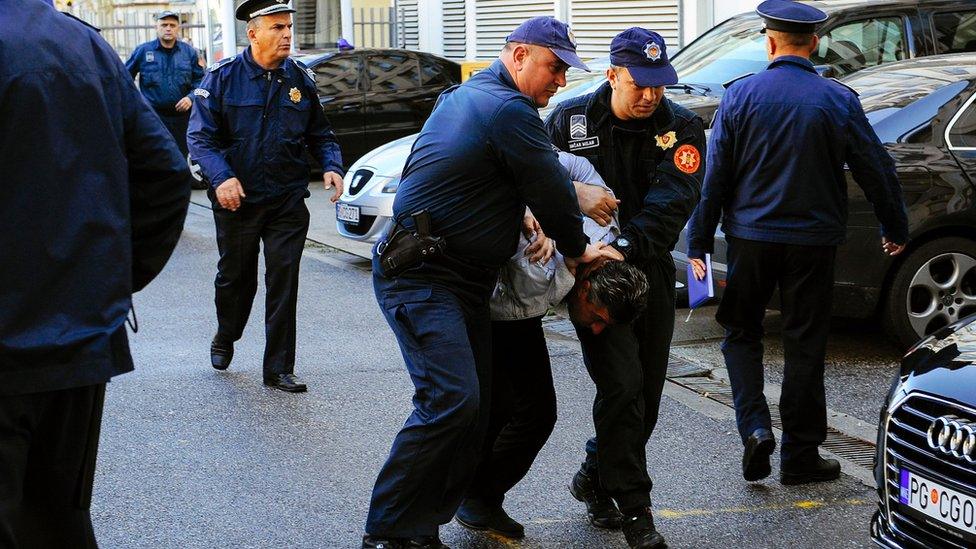
- Published19 May 2016